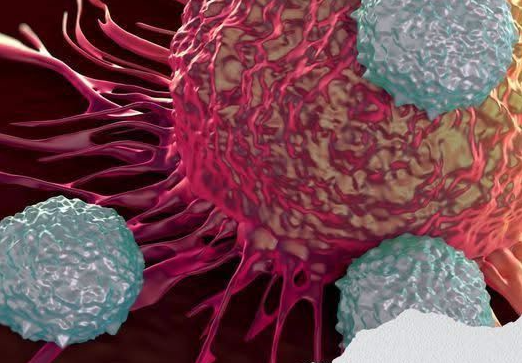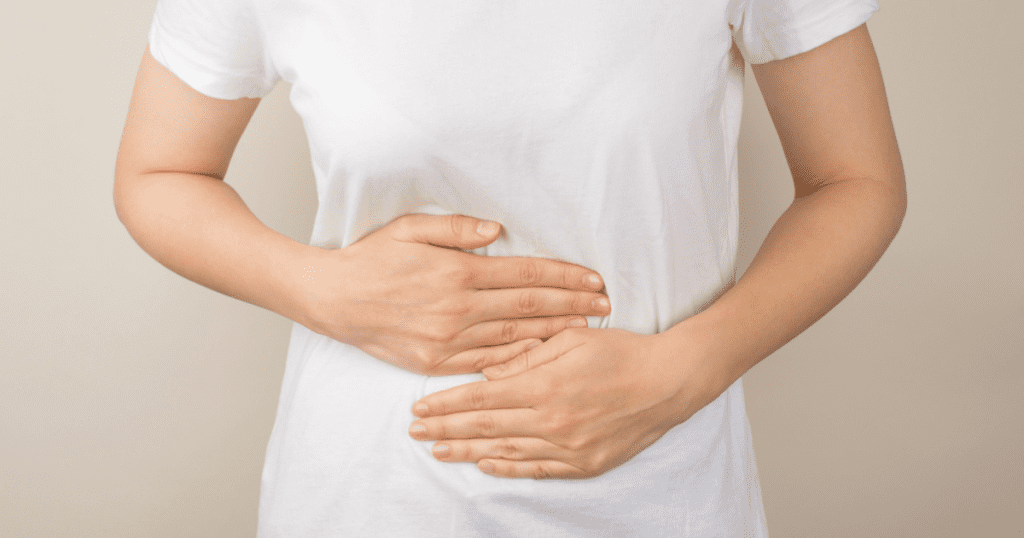Cancer is a silent adversary, often showing subtle symptoms long before a diagnosis. Your body, however, is a natural testing machine, sending signals when something isn’t right. Detecting cancer early is crucial for successful treatment, so it’s essential to recognize warning signs and consult a doctor if you experience any of these symptoms.
Indirect Symptoms: Subtle Yet Crucial Warning Signs

Cancer can manifest in ways unrelated to the primary tumor, making early detection challenging. Paying attention to the following signs can help you take proactive steps.
1. Wheezing or Shortness of Breath
Many lung cancer patients recall experiencing breathlessness as one of their first symptoms, often misattributing it to aging or lack of fitness.
2. Frequent Fevers or Infections
Leukemia, a cancer affecting blood cells, weakens the immune system, making you prone to recurring fevers and infections.
3. Difficulty Swallowing
Persistent trouble swallowing may be linked to throat or esophageal cancer but can also indicate lung cancer.
4. Weakness and Fatigue
Chronic exhaustion that doesn’t improve with rest could be an early sign of several cancer types, including leukemia and colon cancer.
5. Feeling Full Even When You Haven’t Eaten
Ovarian cancer often causes bloating and a sudden loss of appetite, even when you haven’t eaten much.
6. Anorexia or Sudden Food Aversions
An unexplained disgust for foods you once enjoyed—like coffee, alcohol, or red meat—can be an early warning sign of pancreatic cancer.
Visible Bodily Changes: What to Watch For
Some cancers present visible changes in the body, which can serve as red flags for early detection.
7. Rectal Bleeding or Blood in Stool
Noticing blood in your stool can be an alarming sign of colorectal cancer and warrants immediate medical attention.
8. Swollen Lymph Nodes in the Neck, Underarm, or Groin
Persistent swelling in these areas can indicate lymphoma or other forms of cancer affecting the lymphatic system.
9. Excessive Bruising or Unstoppable Bleeding
Unexplained bruises or prolonged bleeding can be signs of leukemia, which affects the body’s ability to produce healthy blood cells.
10. Abdominal Bloating or Weight Gain
Many ovarian cancer patients experience sudden bloating that persists for weeks without a clear cause.
11. Unexplained Weight Loss

Losing weight without trying is often associated with cancers of the digestive system or cancers that have metastasized to the liver.
12. Breast Changes: Redness, Swelling, or Nipple Inversion
Inflammatory breast cancer can cause unexplained redness, swelling, and skin texture changes. A nipple that becomes inverted or flattened should also be evaluated.
13. Facial Puffiness or Swelling
Lung cancer can cause blood flow blockages, leading to swelling and redness in the face.
14. Non-Healing Sores or Lumps on the Skin
Skin cancer, including melanoma, basal cell carcinoma, and squamous cell carcinoma, often presents as persistent sores that don’t heal.
15. Changes in Nails
Dark streaks under the nails may indicate skin cancer, while pale or white nails could signal liver cancer. “Clubbing” (enlarged fingertips with curved nails) is sometimes linked to lung cancer.
Pain as a Cancer Symptom
Pain, particularly when it has no apparent cause, can be an early indication of cancer. Chronic discomfort should never be ignored.
16. Heavy or Painful Menstrual Periods, or Bleeding Between Cycles

Unusual menstrual changes may be linked to endometrial or uterine cancer, warranting further testing.
17. Chronic Cough or Chest Pain
A persistent cough or pain in the chest that spreads to the shoulder and arms can be associated with lung cancer or leukemia.
18. Pelvic or Abdominal Pain
Pelvic discomfort can accompany bloating, which is a common symptom of ovarian cancer. Leukemia can also cause pain due to an enlarged spleen.
19. Pain in the Back or Right Side
Unexplained back pain could be an early sign of liver cancer. Additionally, breast cancer tumors may cause pain by pressing against the chest or spine.
20. Persistent Stomach Pain or Cramps

Frequent stomach discomfort or cramps may be an early sign of colorectal cancer.
How to Lower Your Cancer Risk
While some cancer risk factors are beyond our control, lifestyle choices can significantly impact prevention.
- Optimize Vitamin D Levels – Vitamin D plays a role in cancer prevention, so safe sun exposure and supplementation may help reduce risk.
- Maintain a Healthy Diet – Reducing processed foods and increasing intake of antioxidants (found in berries and tomatoes) can support cancer prevention.
- Exercise Regularly – Staying active lowers insulin levels, reducing the risk of certain cancers.
- Avoid Environmental Toxins – Pesticides, air pollution, and synthetic chemicals can contribute to cancer risk. Choose organic foods and use non-toxic household products when possible.
- Limit Cell Phone Use – Some studies suggest prolonged cell phone exposure may be linked to brain tumors, although research remains inconclusive.
Final Thoughts
Your body constantly communicates with you—it’s up to you to listen. Recognizing these early warning signs can lead to earlier diagnosis and better treatment outcomes. If you notice any of these symptoms, consult a doctor for further evaluation. While not every symptom means cancer, taking proactive measures can make all the difference.
Stay informed, stay healthy, and prioritize regular check-ups to ensure early detection.


